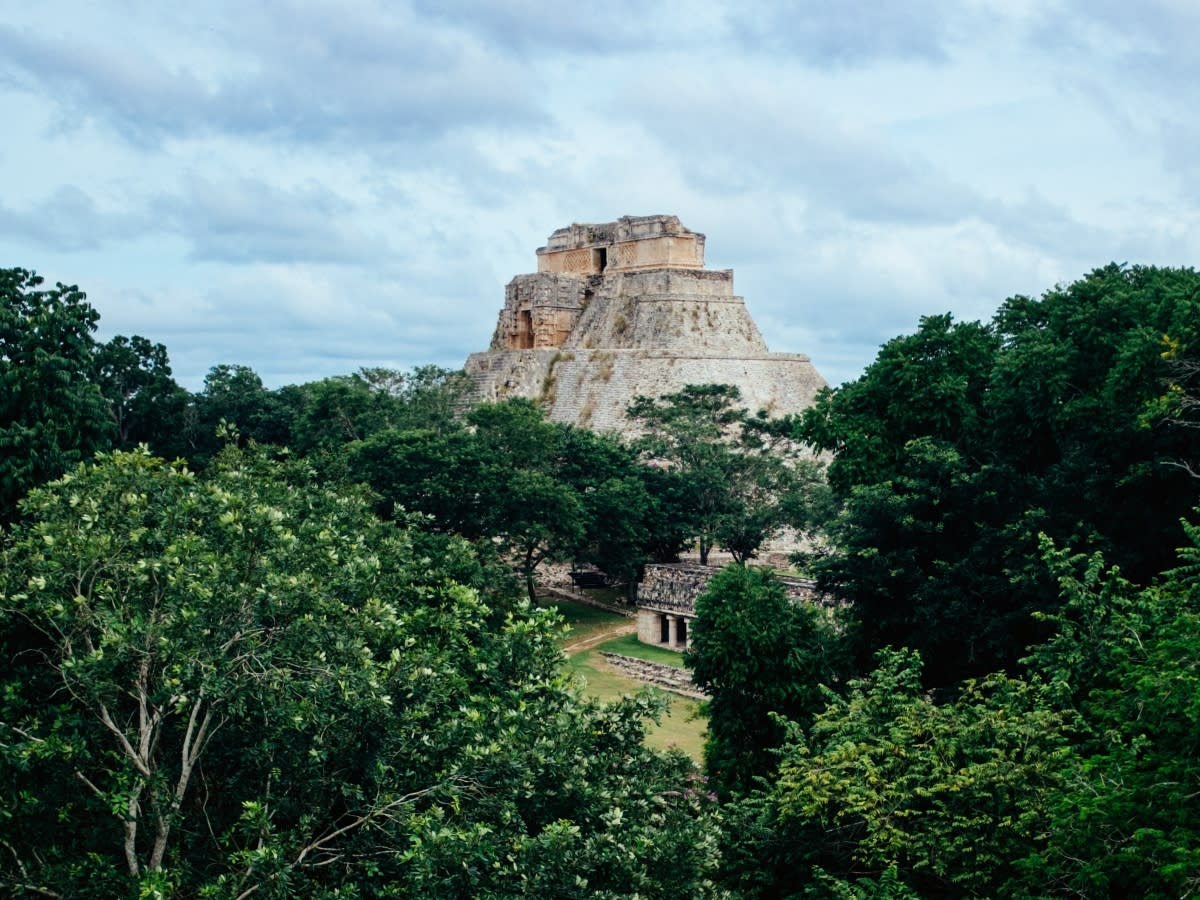Mexico’s Controversial ‘El Tren Maya’ Allows Travelers To Experience The Mayan Ruins

Mexico’s latest major endeavor, El Tren Maya, is officially partially running. Billed “the greatest construction project in the world,” is causing a stir, and rightly so. Though it will boost the tourism sector and create new jobs, the Tren Maya project will also bring some problems.
Mexico is a country full of history, culture, and natural beauty. Its ancient Maya civilization left behind stunning structures, temples, and cities, attracting millions of tourists yearly. However, many of these sites are in remote and inaccessible locations, making them impossible to visit. To address this issue, the Mexican government has launched an ambitious and controversial project, the Tren Maya. This 932-mile train route will connect some of the most significant Maya monuments on the Yucatán Peninsula and beyond.
The Train Maya
The Tren Maya is part of the government’s plan to boost tourism, development, and social inclusion in the country’s south-eastern region, which has historically lagged behind the rest of Mexico regarding economic growth and quality of life. The train will also offer a new way for travelers to experience the Maya culture and heritage. It will also be a gateway to the diverse landscapes, wildlife, and communities along the route.
The Controversy
However, the Tren Maya is not without controversy. The project has faced criticism and opposition from various sectors. Environmentalists, scientists, indigenous groups, and human rights activists are just some of the groups against the project. Some of the main concerns are that the constructions will require clearing large forest areas, wetlands, and mangroves. These are homes to many endangered species and provide vital ecosystem services.
The train’s noise, pollution, and garbage will also impact the air, water, and soil quality. Furthermore, the train will also go through thousands of cenotes, or underground caverns, that are holy to the Maya and are rich in prehistoric and archaeological artifacts. On top of that, the indigenous people of the area have claimed that the project is infringing on their rights and interests since they were not adequately consulted or informed. There is a risk that the train’s arrival will bring in a flood of visitors, developers, and investors who may disrupt the locals’ long-established norms and practices.
Overall, the Tren Maya project is complex and highly contentious, with significant challenges and risks. It is a project that reflects the contradictions and tensions that characterize Mexico’s development model, as well as the aspirations and expectations of its people.

